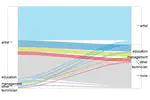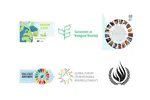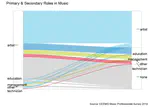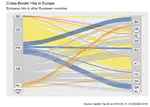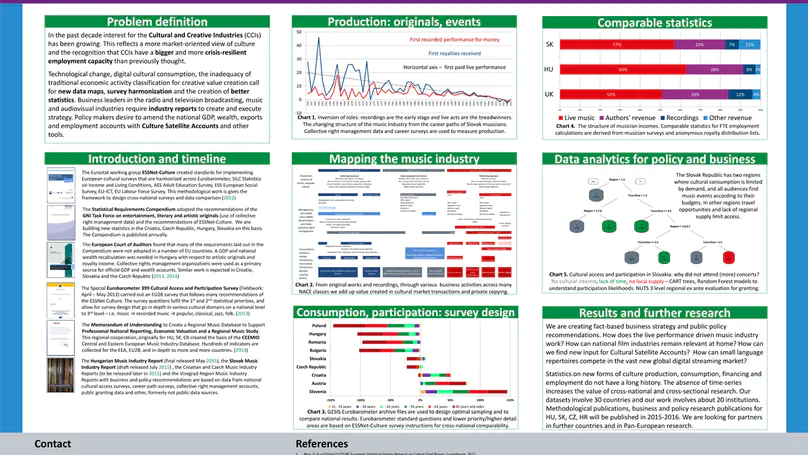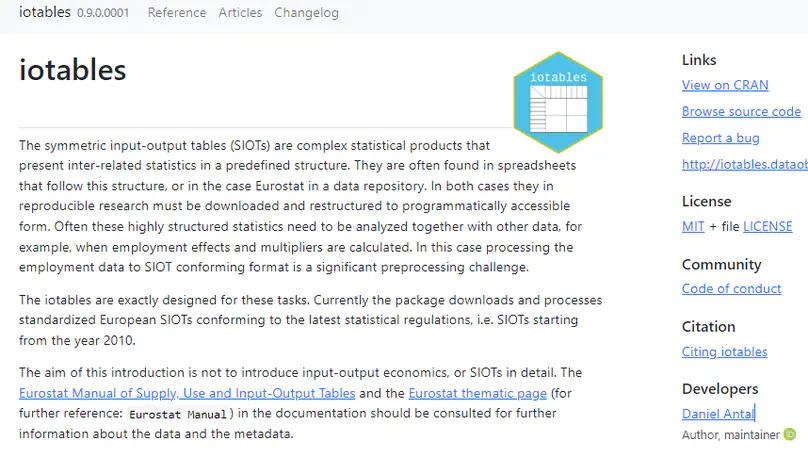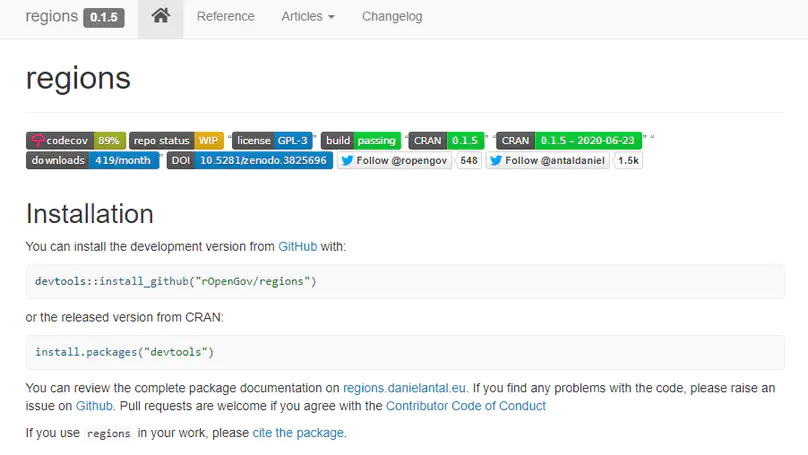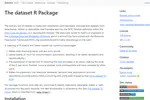Recent Posts
Pillars
Use Cases
Accomplishments
Projects
Recent & Upcoming Talks
More formal events than our meetups with a set agenda
Featured Publications
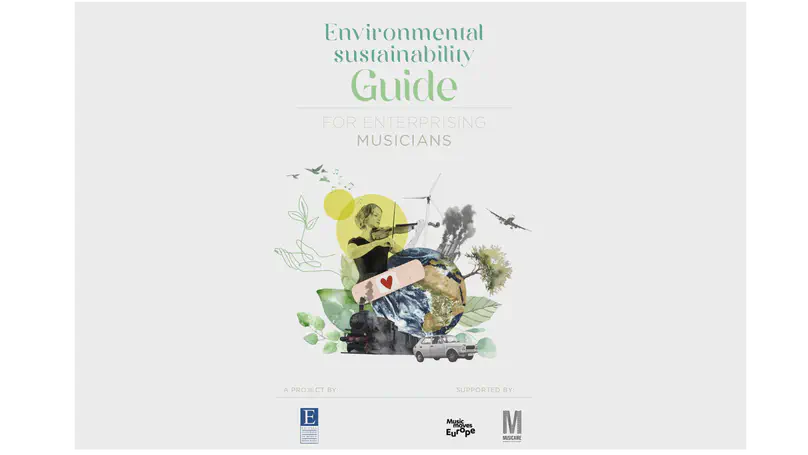
A guide with tips for environmentally friendly artistic projects that will be first used in 2024 for its music entrepreneurship programme. It offers a series of steps to be followed by enterprising musicians with an environmental conscience.
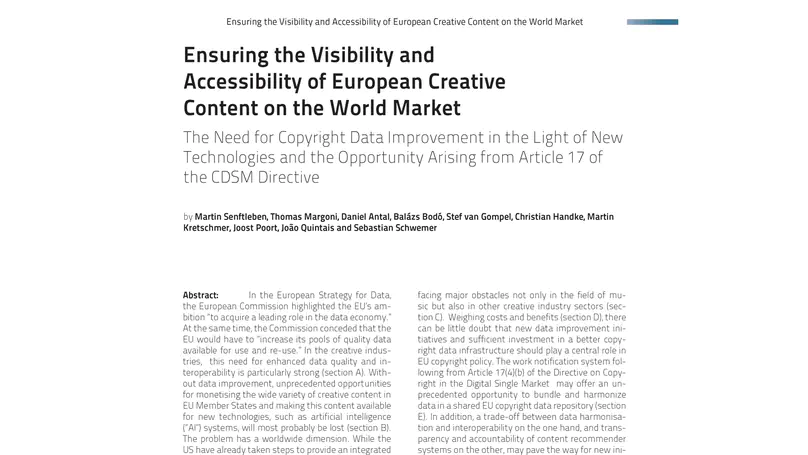
The lacking strategy to organize data and metadata in a multilingual Europe puts creators opens up the biggest cultural market of the world to American competition.
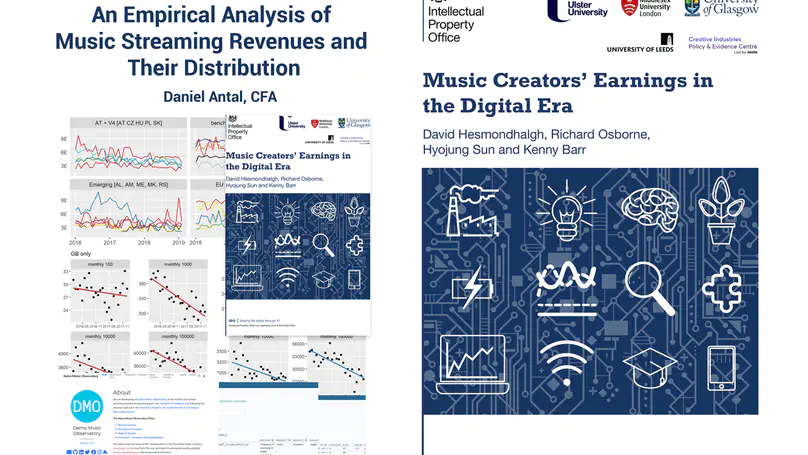
Our report highlights some important lessons. First, we show that in the era of global music sales platforms it is impossible to understand the economics of music streaming without international data harmonization and advanced surveying and sampling. Paradoxically, without careful adjustments for accruals, market shares in jurisdictions, and disaggregation of price and volume changes, the British industry cannot analyze its own economics because of its high level of integration to the global music economy. Furthermore, the replacement of former public performances, mechanical licensing, and private copying remunerations (which has been available for British rightsholders in their European markets for decades) with less valuable streaming licenses has left many rightsholders poorer. Making adjustments on the distribution system without modifying the definition of equitable remuneration rights or the pro-rata distribution scheme of streaming platforms opens up many conflicts while solving not enough fundamental problems. Therefore, we suggest participation in international data harmonization and policy coordination to help regain the historical value of music.
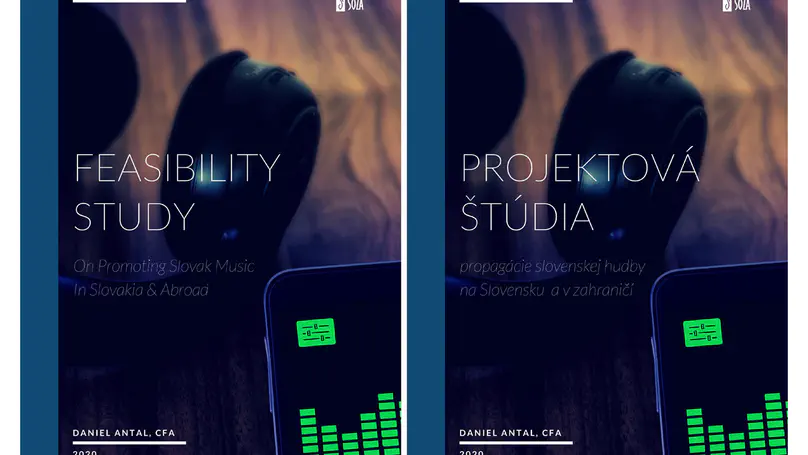
Why are the total market shares of Slovak music relatively low both on the domestic and the foreign markets? How can we measure the market share of the Slovak music in the domestic and foreign markets? We offer some answers and solution based on empirical research and with the creation of a database and an AI application.
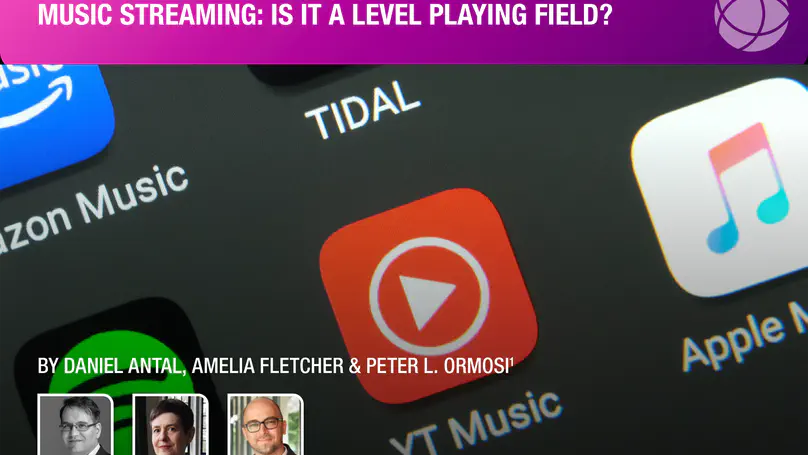
Our paper argues that fair competition in music streaming is restricted by the nature of the remuneration arrangements between creators and the streaming platforms, the role of playlists, and the strong negotiating power of the major labels. It concludes that urgent consideration should be given to a user-centric payment system, as well as greater transparency of the factors underpinning playlist creation and of negotiated agreements.
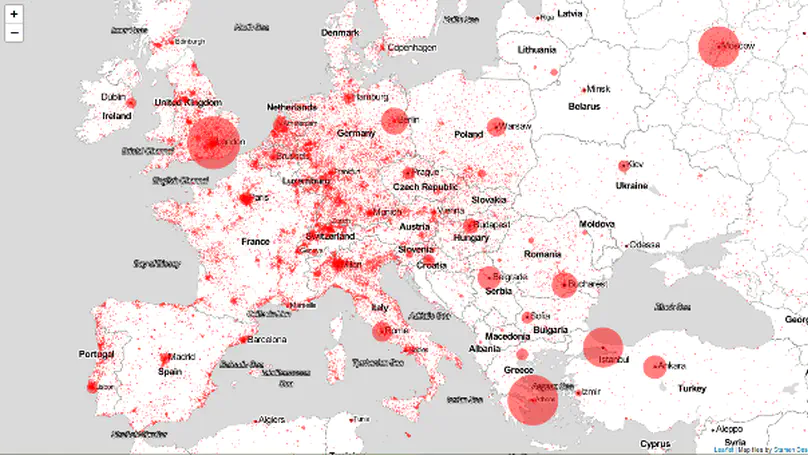
The topic of the paper is Library Genesis (LG), the biggest piratical scholarly library on the internet, which provides copyright infringing access to more than 2.5 million scientific monographs, edited volumes, and textbooks. The paper uses advanced statistical methods to explain why researchers around the globe use copyright infringing knowledge resources. The analysis is based on a huge usage dataset from LG, as well as data from the World Bank, Eurostat, and Eurobarometer, to identify the role of macroeconomic factors, such as R&D and higher education spending, GDP, researcher density in scholarly copyright infringing activities.
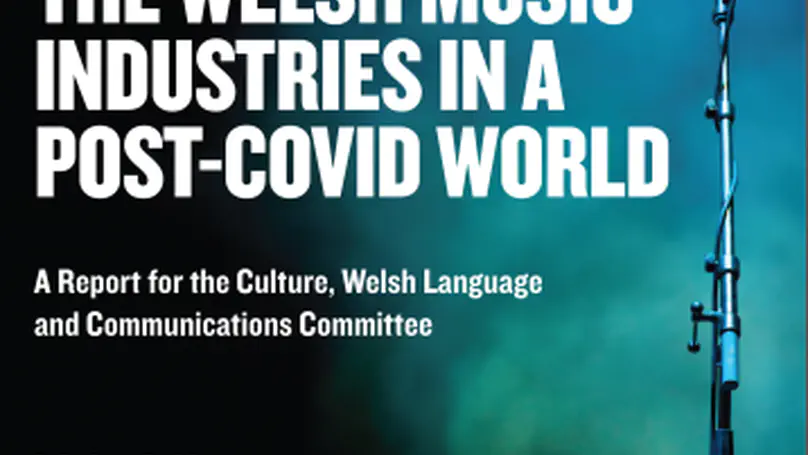
This report outlines the emergence of private and public sector support for the music industries in Wales since the pandemic commenced; examines the advice given to the music industries concerning roadmaps out of the pandemic; reviews the industry and academic research that has emerged since the pandemic started and finally, compares Welsh Government support packages tonations in other parts of the world.
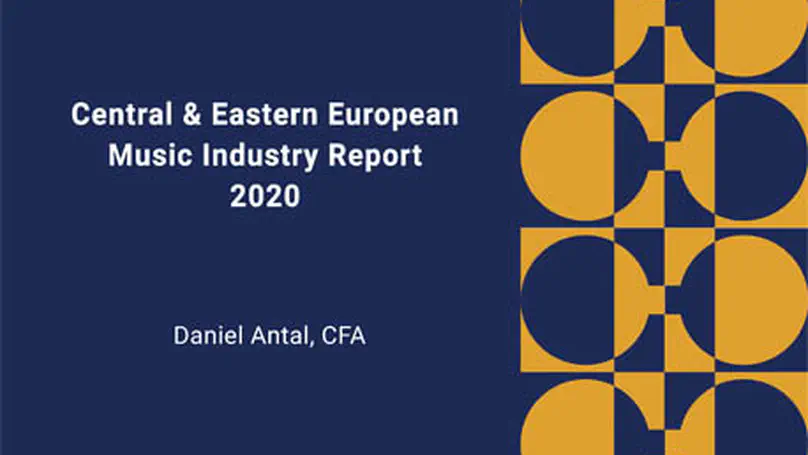
The results of the first Hungarian, Slovak, Croatian and Czech music industry reports are compared with Armenian, Austrian, Bulgarian, Lithuanian, Serbian and Slovenian data and findings.

This study argues that the cultural and welfare benefits of this private copying regime are enormous and important to create a good quality of life in Croatia for all age groups, but especially for young people, and it must be maintained. Furthermore, it is very advantageous for the tech sector, because their products are mainly used with unlicensed music and film copies, given that only a very small portion of the population pays for downloads, or subscribes to services like Spotify, Deezer or Netflix. The first measurement of licensed use of music, audiovisual content, home copying and value transfer to media platforms in Croatia for a practical update of the private copying remuneration in the country.
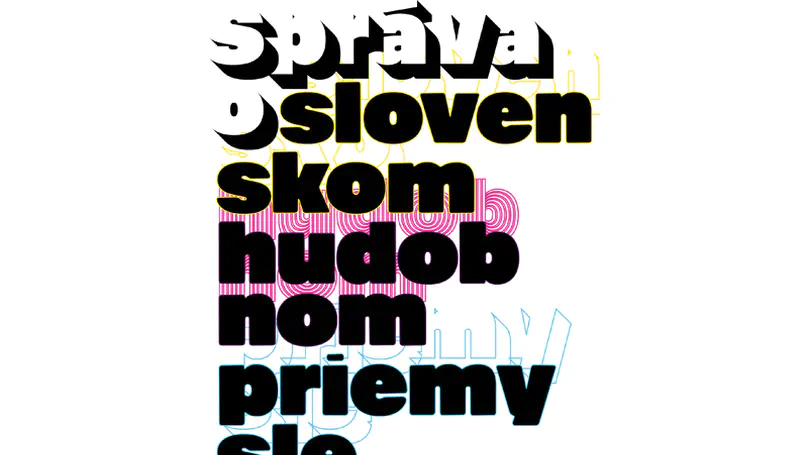
Slovakia’s first music industry report. Following the three income streams model from creation till audience, we summarized for the the number of works that were created, recorded, staged in Slovakia in a year. We calculated their revenues, their value added, their employment effect and the investments of the recording industry. There is an extensive business development and policy conclusions chapter in the 227-pages report, which follows a similar Hungarian report.
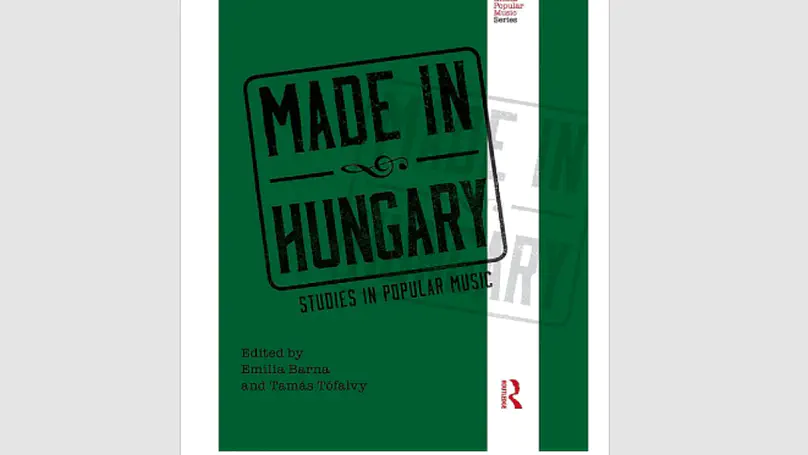
Being visible in the world is always difficult in the Central and Eastern European region. Made in Hungary is the first book in the Popular Music Studies series of Routledge from the region. A description of our first datasets, the motivation of the research and the CEEMID concept is laid out as a closing, quantitative chapter in the book.
Software Releases
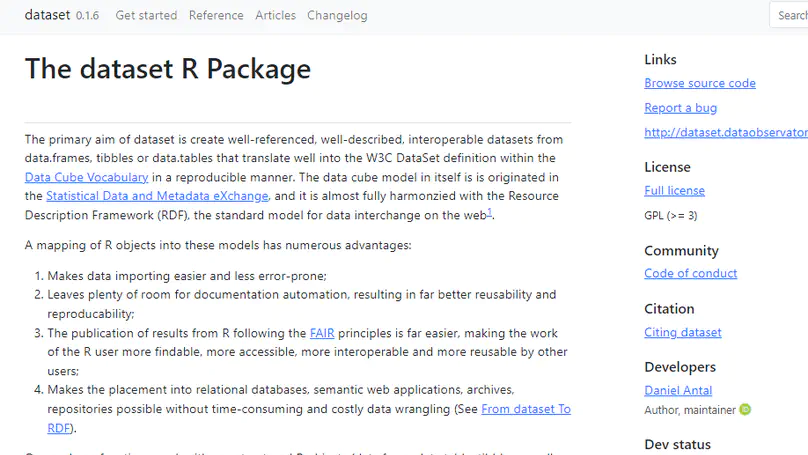
Publish your datasets with FAIR metadata in open science repositories and place them on knowledge graphs
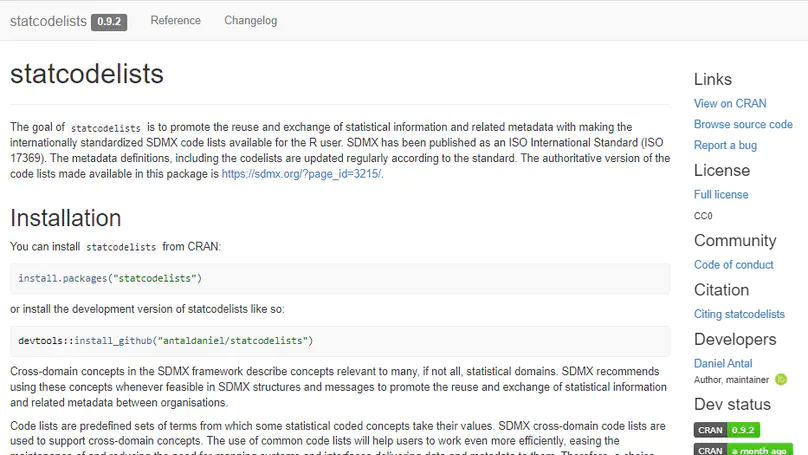
The goal of retroharmonize is to facilitate retrospective (ex-post) harmonization of data, particularly survey data, in a reproducible manner.
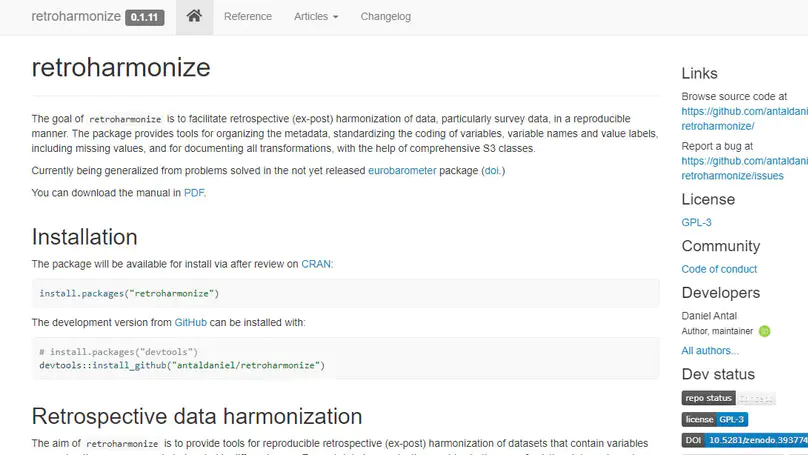
The goal of retroharmonize is to facilitate retrospective (ex-post) harmonization of data, particularly survey data, in a reproducible manner.
Recent Publications
Contact
You can also contact as personally on public talks and meetups.
- The Hague, Zuid-Holland
- Book an appointment
- DM Me








